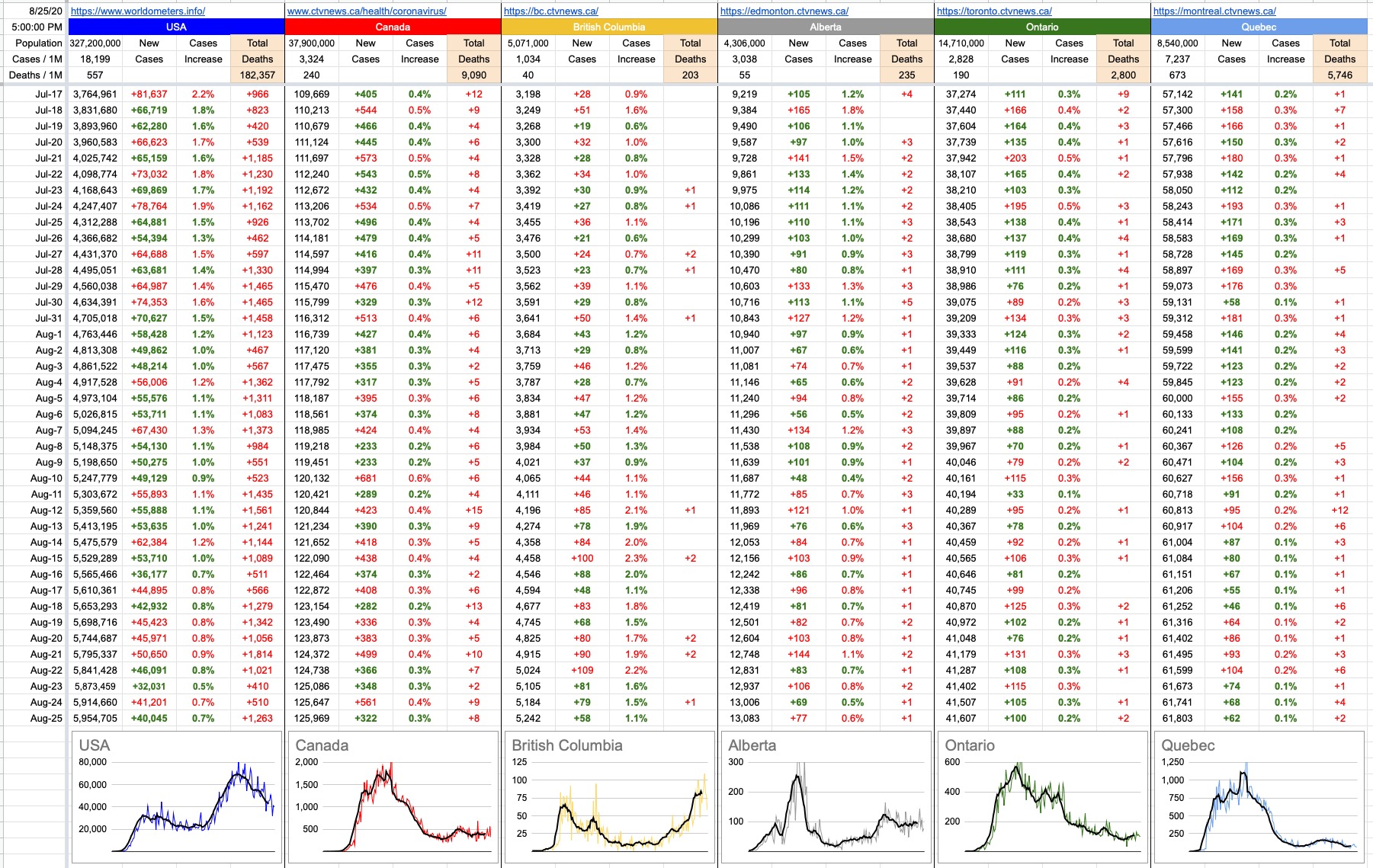We’ve all heard the joke about the guy who calls in a computer expert to fix some problem. The expert comes in, hits a few keys, problem solved. He then hands the guy a bill for $1,000.
“Outrageous!!”, screams the guy, “How do you justify that?!”
“$1 to hit the keys, $999 to know which keys to hit.”
I was reminded of this joke, dealing with some emails today.
Actually, a somewhat-related story from ages ago… a prof telling me about how when he used to work for some big company back in the 1960s, and they had some fancy, big, expensive IBM adding machines… which were available in three different models… and to simplify things, it was something like the basic model cost $1,000 and ran 1,000 calculations per second. The next model up cost $2,000 and ran 2,000 c/s… and the fanciest model cost $3,000 and ran 3,000 c/s.
Those numbers are off, but you get the idea. And, IBM offered upgrades… if you wanted to go from 1k to 3k, no problem… just pay the difference.
These days, where everything is digital, this is easy to do. Most software can be upgraded online.
But how did that work in the real world? As he told me, when they upgraded from 1k to 3k, an IBM mechanic showed up, broke the official IBM seal, used an IBM-specific tool to open the machine… and then moved a belt… from one small pulley to a bigger pulley. It took two minutes.
Exact same machine… like, identical. Just running faster. Functional pricing at its finest.
If you watched that happened and didn’t quite understand the engineering and backstory, you might feel like it’s a complete rip-off… but the truth is the exact opposite. The guys paying the bills just want a faster machine, and they got it (instantly). How it got there doesn’t matter.
The expert that came in and restored that one corrupted operating system file… that suddenly fixed everything… how much was that guy worth?
Real expertise has a cost, whether mechanical or digital. Lifetime accumulation of knowledge and experience is worth what the guy (or company) providing it thinks… not what you think, just because it looks easy. When it comes to real expertise, typically… the easier it looks, the harder it actually is.
Yadda yadda… it often makes sense to listen to experts; it's often more than just a fancy opinion.
View Original Post and All Comments on Facebook



Yuuuup.